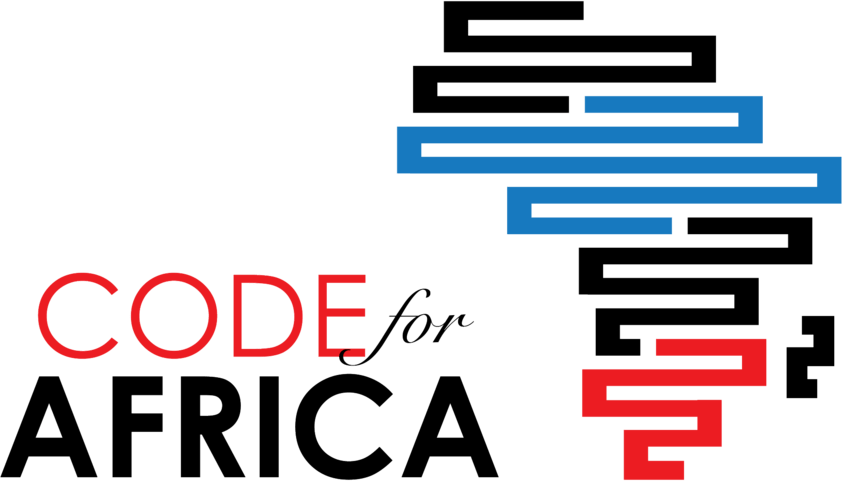
Environmental Investigative Analyst at Code for Africa (CfA)
- Nairobi
- Permanent
- Full-time
- 2+ years of experience in environmental research, data journalism, or disinformation monitoring.
- Background in climate science, environmental policy, or related fields strongly preferred.
- Strong technical fluency in data analysis using Python, R, or similar tools; knowledge of SQL and database handling.
- Comfortable with OSINT investigations, especially around media monitoring, lobby tracking, and influence networks.
- Ability to develop and present data-driven stories to non-technical audiences
- Prior experience working with environmental NGOs, climate activists, or monitoring policy lobbyists.
- Knowledge of African climate contexts and policy debates
- Experience using tools like Gephi, Maltego, Meltwater, Meta’s Content Library or EarthData.
- Foundational AI literacy: awareness of how generative AI tools can be used in both producing and detecting disinformation.
- Deep understanding of how climate narratives are manipulated or misrepresented in African digital spaces.
- Experience identifying, categorising, and profiling disinformation actors such as lobbyists, bots, and pseudo-experts.
- Ability to trace narrative flows, build network maps, and analyse influence strategies across platforms.
- Skilled in mapping coordinated campaigns, funding trails, and media manipulation tactics.
- Ability to conceptualise and help develop ranking systems or annual indices
- Able to work with cross-functional teams to translate findings into impactful investigations, visual reports, or multimedia explainers.
- Capable of spotting newsworthy patterns in complex data and framing them for diverse audiences.
- Passionate about climate justice, transparency, and holding power to account.
- Location: Africa, the Middle East or South Asia
- Primary workplace languages: English
- Preferred but not required: French, Arabic
- Monitor and analyse online environmental information manipulation with a focus on climate change denial/delayism, lobbying, greenwashing, and anti-science rhetoric.
- Identify and categorise bad actors across sub-groups (media amplifiers, corporate lobbyists, pseudo-scientists, bots).
- Develop yearly Toxic Ten rankings and comparison indices (region-vs-region, year-on-year).
- Scrape, clean, and analyse large datasets including social media activity, media content archives, and environmental reporting databases.
- Track coordinated influence campaigns and networked misinformation flows using OSINT and environmental data sources.
- Map funding trails, affiliations, or campaign strategies behind denialist groups or narratives.
- Build robust methodologies for identifying and classifying denial/delay content using a mix of qualitative and quantitative tools.
- Work with editorial, design, and tech teams to produce public-facing investigations, dashboards, or infographics.
Myjobmag